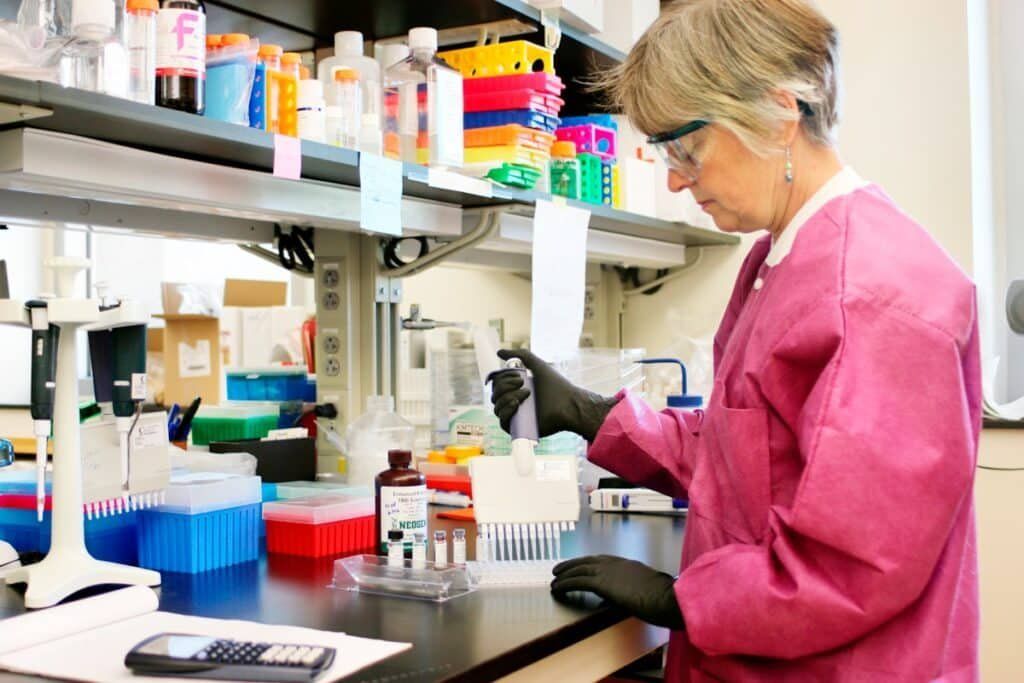Artificial Intelligence and the Evolution of Society
The Impact of Artificial Intelligence on Job Market

Automation and Job Displacement
Artificial intelligence is transforming the job market, and automation is at the forefront of this transformation. As technology continues to advance at an unprecedented pace, there is a growing concern about the displacement of human workers. However, it is important to recognize that while some jobs may be replaced by AI, new job opportunities are also emerging. The key is to adapt and upskill to stay relevant in this rapidly changing landscape.
New Job Opportunities
With the rapid advancement of artificial intelligence technology, new job opportunities are emerging in various industries. As AI continues to evolve, it creates a demand for professionals who can develop, implement, and maintain AI systems. Companies are actively seeking individuals with expertise in machine learning, data analysis, and programming to drive innovation and growth. These new job opportunities not only provide employment prospects but also contribute to the overall economic development of society.
Upskilling and Reskilling
As the field of artificial intelligence continues to advance, the need for upskilling and reskilling becomes increasingly important. With the rapid development of AI technologies, individuals must adapt and acquire new skills to thrive in the evolving job market. Upskilling refers to the process of learning new skills or enhancing existing ones, while reskilling involves acquiring completely new skills in a different field. Both upskilling and reskilling are essential for individuals to remain competitive and relevant in the age of artificial intelligence.

Enhanced Diagnosis and Treatment
Artificial intelligence has revolutionized the field of healthcare, particularly in the area of diagnosis and treatment. With the advent of advanced algorithms and machine learning techniques, medical professionals now have access to powerful tools that can analyze vast amounts of patient data and provide accurate and timely diagnoses. This has led to improved patient outcomes and a more efficient healthcare system.
Efficient Healthcare Delivery
Artificial intelligence is revolutionizing healthcare delivery, with implications that extend beyond the medical field. The integration of AI technologies in healthcare systems has the potential to transform the way healthcare services are provided and accessed, leading to improved outcomes and increased efficiency.
Personalized Medicine
Artificial intelligence is revolutionizing healthcare, and one area where it is making a significant impact is in personalized medicine. With AI-powered algorithms and machine learning, healthcare providers can analyze vast amounts of patient data to develop tailored treatment plans. This approach allows for more precise diagnoses and targeted therapies, leading to improved patient outcomes. By leveraging AI, healthcare professionals can identify patterns and trends in patient data that may not be immediately apparent to human doctors. This enables them to make more informed decisions and provide personalized care that takes into account each patient's unique characteristics and medical history.
Revolutionizing Transportation with Artificial Intelligence

Autonomous Vehicles and Safer Roads
With the advent of autonomous vehicles, the influence of artificial intelligence on transportation is undeniable. These self-driving cars have the potential to revolutionize road safety and transform the way we commute. By leveraging advanced algorithms and sensors, autonomous vehicles can analyze real-time data and make split-second decisions, significantly reducing the risk of human error. This technology has the power to minimize accidents, improve traffic flow, and create a more efficient and sustainable transportation system.
Smart Traffic Management
With the advancements in Artificial Intelligence (AI), smart traffic management systems have become a reality. These systems utilize AI algorithms to analyze real-time traffic data and make intelligent decisions to optimize traffic flow. By leveraging AI, traffic lights can be synchronized to reduce congestion and improve overall efficiency. AI-powered cameras and sensors can detect traffic violations and automatically issue fines, promoting safer driving habits. Additionally, AI can help predict traffic patterns and provide valuable insights for urban planning and infrastructure development.
Efficient Logistics and Supply Chain
Artificial intelligence is revolutionizing the logistics and supply chain industry, bringing about significant improvements in efficiency and productivity. With the integration of AI technologies, companies can optimize their operations, streamline processes, and reduce costs. The use of intelligent algorithms and machine learning enables real-time tracking and monitoring of shipments, allowing for better inventory management and timely delivery. AI-powered predictive analytics helps in demand forecasting, ensuring that the right products are available at the right time. This not only improves customer satisfaction but also minimizes wastage and reduces the environmental impact of transportation.